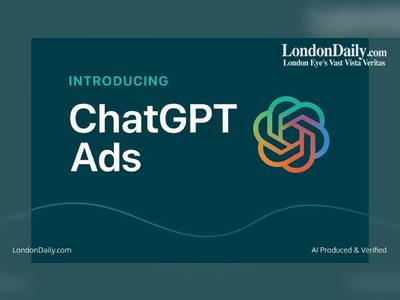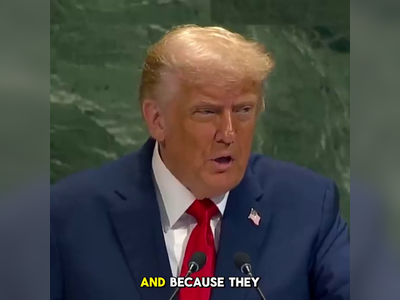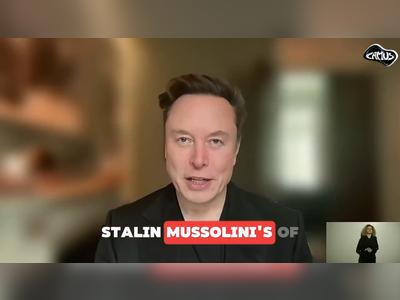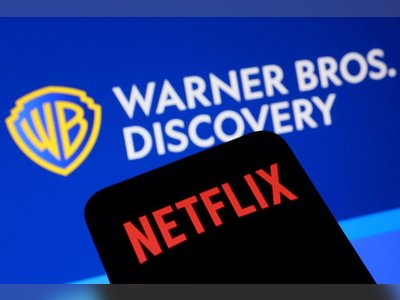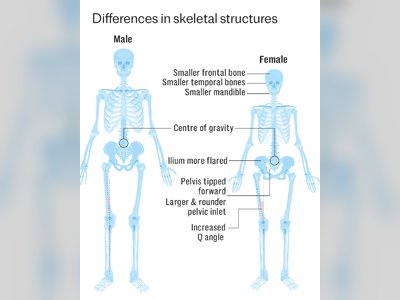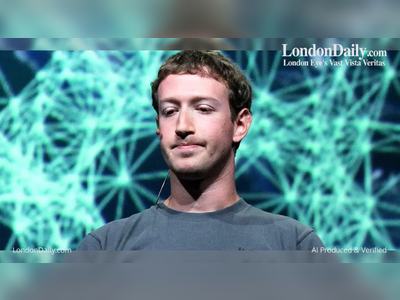UK Government Faces Backlash Over AI Content Scraping Plans
The UK government is under scrutiny over plans to let AI companies scrape online content by default, unless publishers opt out. Major institutions, like the BBC, express concerns over losing control of their material, urging for an opt-in system instead. Critics warn this policy could threaten creative industries' rights and revenue, despite government focus on tech investment.
The UK government is facing significant opposition regarding proposed regulations that would allow artificial intelligence companies to scrape and use content from publishers and artists by default, unless an explicit opt-out is made.
Organizations, including the BBC, are expressing concerns that these measures could jeopardize creative rights and income, fearing tech giants may gain undue control over valuable content.
Critics argue that an opt-out system is impractical, particularly for smaller publishers who may not be aware when their content is being used.
They advocate for an opt-in approach to ensure proper licensing and remuneration.
Legal actions, such as the complaint by Mumsnet founder Justine Roberts, highlight the contentious nature of these proposals.
The debate is set against a backdrop of the government's push to attract tech investments, a stance supported by some citing similar policies in the European Union.
Nevertheless, prominent industry voices, including the News Media Association and creative figures like Radiohead's Thom Yorke, warn of an existential threat to the arts if their work is exploited without authorization.
Organizations, including the BBC, are expressing concerns that these measures could jeopardize creative rights and income, fearing tech giants may gain undue control over valuable content.
Critics argue that an opt-out system is impractical, particularly for smaller publishers who may not be aware when their content is being used.
They advocate for an opt-in approach to ensure proper licensing and remuneration.
Legal actions, such as the complaint by Mumsnet founder Justine Roberts, highlight the contentious nature of these proposals.
The debate is set against a backdrop of the government's push to attract tech investments, a stance supported by some citing similar policies in the European Union.
Nevertheless, prominent industry voices, including the News Media Association and creative figures like Radiohead's Thom Yorke, warn of an existential threat to the arts if their work is exploited without authorization.
